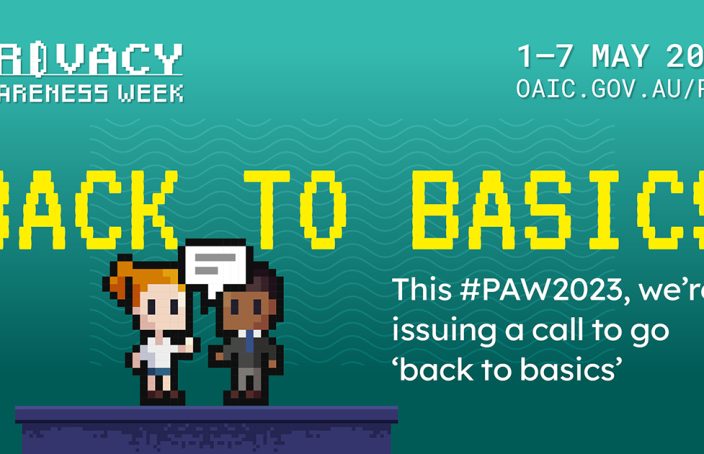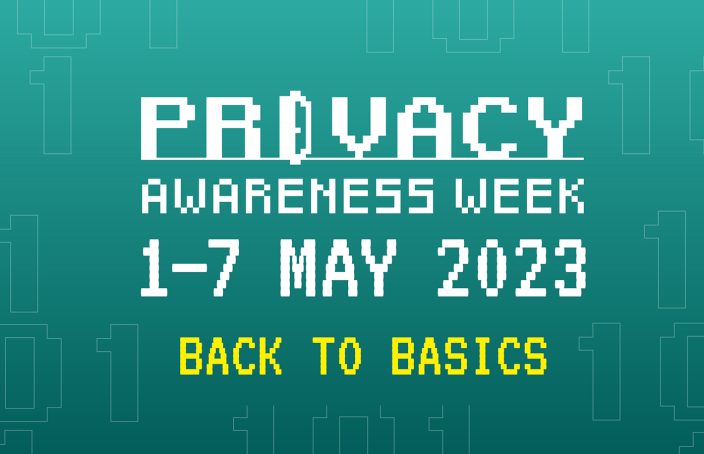CJEU Decides on Use of Automatically Generated Scoring Values
In its judgment dated 7 December 2023 (C-634/21 – Schufa) presented by the Administrative Court Wiesbaden (Germany), the court held that Article 22 of the GDPR (Art. 22 GDPR) applies also to probability values that are created by credit scoring agencies on the basis of personal data and used by third parties in order to decide whether the respective individual is eligible for a credit or establishing a contract.
Read More




